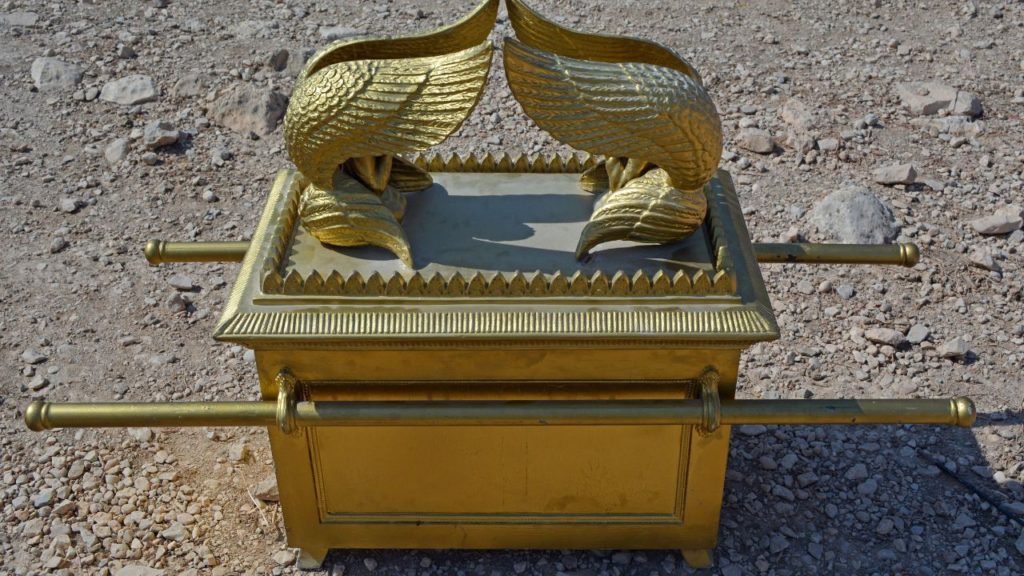‘Dial of Destiny’: 5 things to know about Indiana Jones and religion

After decades of anticipation, Lucasfilm is bringing a fifth “Indiana Jones” adventure to the big screen. “Indiana Jones and the Dial of Destiny” arrives in theaters today, with Harrison Ford reprising his iconic role as our favorite onscreen archaeologist.
The “Indiana Jones” movies, created by George Lucas and directed by Steven Spielberg, have captivated audiences worldwide with their thrilling adventures, fascinating historical contexts, and unforgettable characters.
The older films are primarily set in the 1930s, a time when the world was on the brink of
global conflict and religious beliefs were deeply entrenched in societies, the franchise provides a glimpse into the cultural and religious landscapes of that era.
Throughout the films, various religions and religious themes are depicted, each contributing to the overarching storylines in unique ways.
- Judaism: “Raiders of the Lost Ark”
In “Raiders of the Lost Ark,” Indiana Jones embarks on a quest to find the Ark of the Covenant, an ancient artifact of immense religious significance to Judaism. The film explores Jewish mythology and traditions, such as the Ten Commandments and the power attributed to the Ark. It also showcases the concept of divine intervention and the potential consequences of meddling with sacred artifacts.
- Hinduism: “Indiana Jones and the Temple of Doom”
“Indiana Jones and the Temple of Doom” ventures into the realm
of Hinduism. Set in India, the film delves into the mystical aspects of the
religion, featuring rituals, deities, and the concept of reincarnation. While
the portrayal of Hinduism in the film has been criticized for perpetuating
stereotypes and inaccuracies, it introduced many viewers to the rich cultural
tapestry of India and sparked conversations about cultural appropriation.
- Christianity: “Indiana Jones and the Last Crusade”
In “Indiana Jones and the Last Crusade,” Christianity takes center stage as Indiana Jones seeks to find the Holy Grail, believed to have mystical powers. The film explores themes of faith, salvation, and temptation. The story incorporates elements from Christian mythology, including the story of Jesus’ crucifixion and resurrection. It raises questions about the nature of faith and the line between historical artifacts and matters of religious belief.
- The power of faith: “Raiders of the Lost Ark”
In “Raiders of the Lost Ark,” the power of belief is a central theme. The film suggests that faith and conviction can have real-world consequences, as the Ark of the Covenant’s opening unleashes divine retribution upon those who fail to approach it with the appropriate reverence. This exploration of belief and the blurring of the lines between myth and reality add depth to the narrative.
- Sacred knowledge: “Indiana Jones and the Kingdom of the Crystal Skull”
The fourth installment in the series, “Indiana Jones and the Kingdom of the Crystal Skull,” introduces themes of ancient civilizations, extraterrestrial contact, and forbidden knowledge. Although less overtly religious, the movie raises questions about the origins of human existence and the possibility of higher forms of intelligence. It prompts viewers to contemplate the intersection of science, spirituality, and the mysteries of the
universe.
From the pursuit of ancient artifacts to encounters with supernatural forces, religion has played a significant role in shaping the Indiana Jones universe. Click here to watch the official trailer for “Dial of Destiny.”



